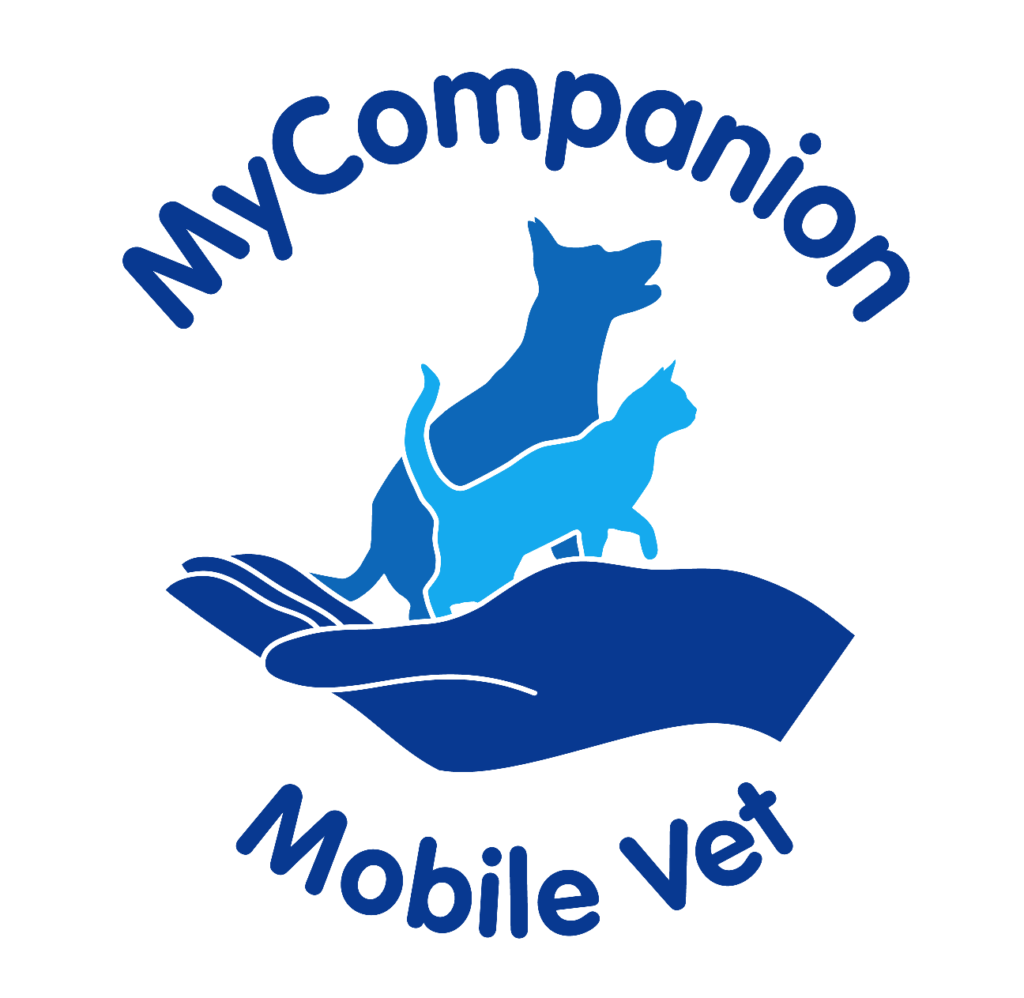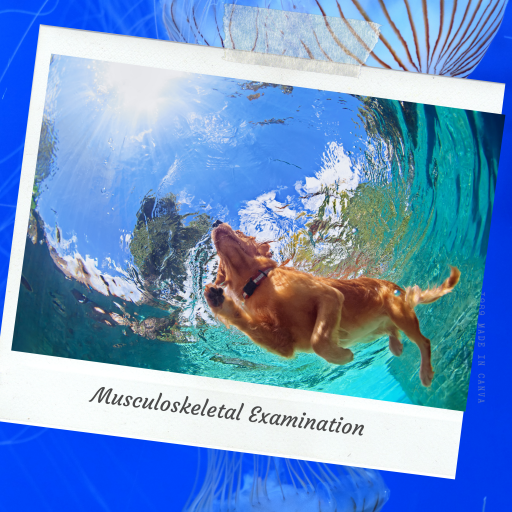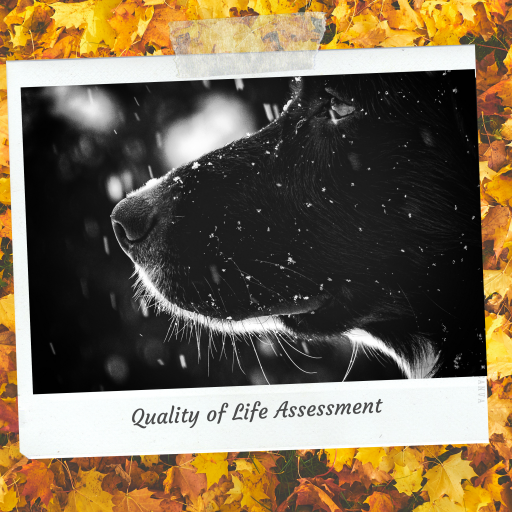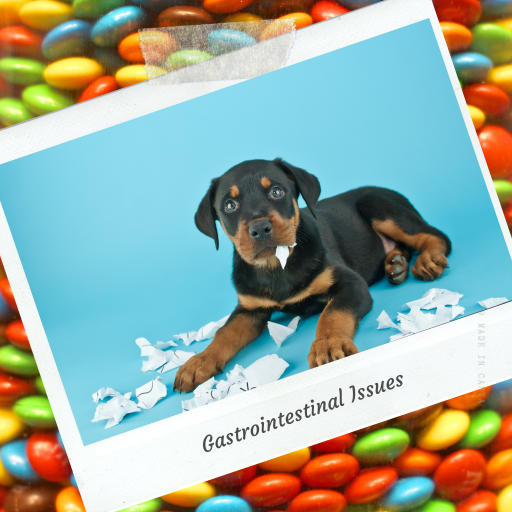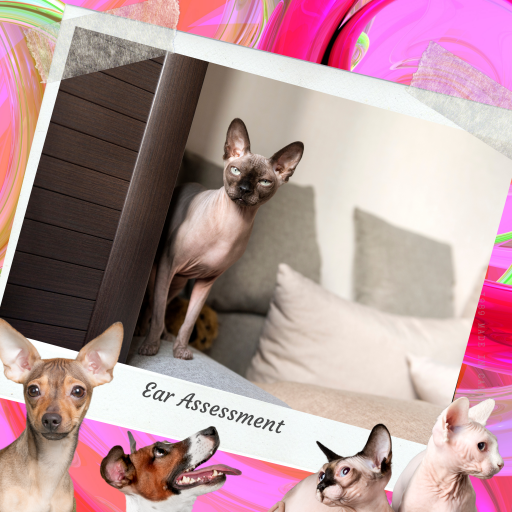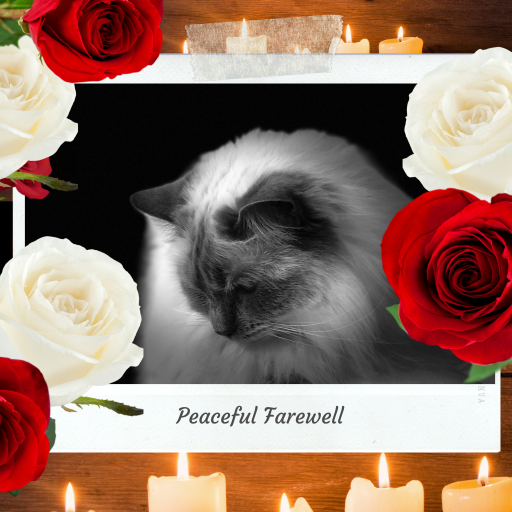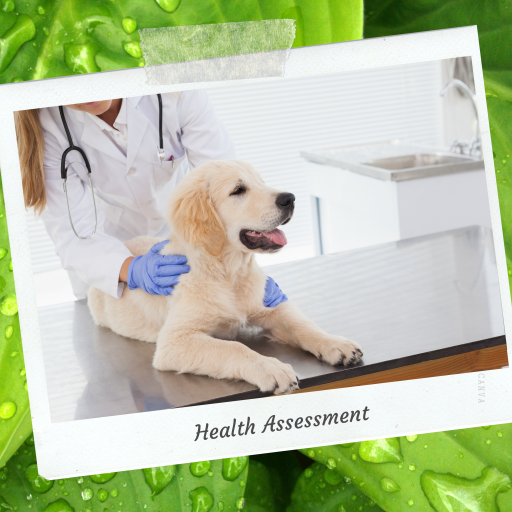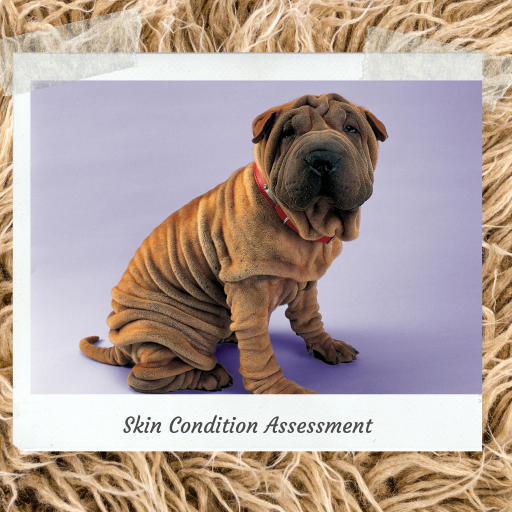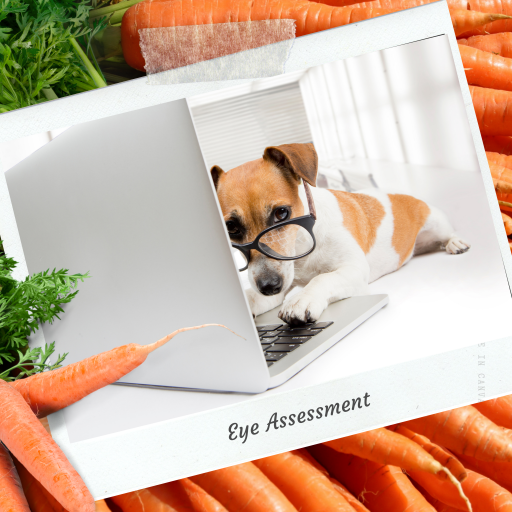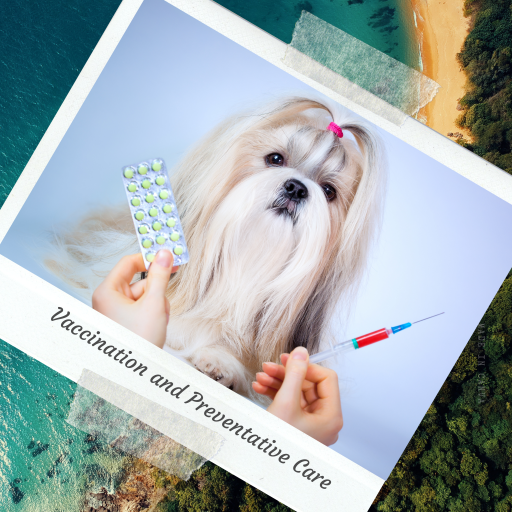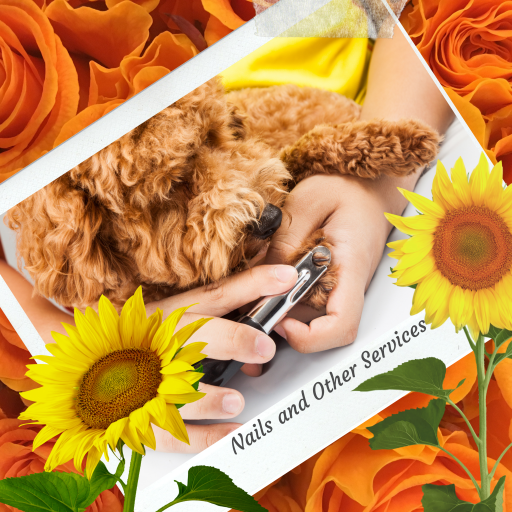
Dog Euthanasia Brisbane
Peaceful Farewell In Your Own Home | Mobile Dog Euthanasia
Saying goodbye to a beloved pet is one of the most difficult decisions a pet owner may ever face. As pet lovers, we understand your deep love and connection with your fur baby. That’s why we offer at-home dog euthanasia in Brisbane from our mobile vet clinic. This allows us to deliver a compassionate and caring service to make the process of saying goodbye as peaceful and comfortable as possible.
Our team of experienced and understanding veterinarians will come to your home to provide a gentle and dignified end-of-life experience for your dog. We understand the pain and heartache that comes with this decision, and we are here to support you every step of the way. We can help you give your faithful companion a loving goodbye comforted by the people/pets that they love in their own home.
Why Choose an End-of-Life Dog Euthanasia Mobile Service?
Your pet deserves a peaceful, loving farewell
In-home euthanasia provides a loving, stress-free environment allowing families to give their cherished pets a peaceful farewell. Home pet euthanasia is an option that offers a compassionate and pain-free peaceful passing preventing further suffering for pets and their families. In those treasured last moments, you want to focus on the things that matter and be in a comfortable environment – which is why we offer our in-home dog euthanasia mobile service.
Our Dog Euthanasia Mobile Service
If you are looking for a house call from a trusted mobile dog euthanasia service, we are here for you and your beloved dog. My Companion Mobile Vet provides a range of veterinary services in the comfort of your home, so we are equipped for each individual pet’s needs. Being a fear-free, certified vet, we use fear-free techniques for reducing fear, anxiety, and stress to care for your pet’s emotional well-being. This helps to ensure that your dog’s farewell is as peaceful as it can be. Please feel free to call, SMS or book an appointment online.
Frequently Asked Questions
We believe every dog should receive sedation prior to euthanasia. Not all vet clinics offer this, and some offer it as an add-on. Sedation is included in our service. We always use sedation (+ pain relief) chosen specifically for each individual dog’s condition and circumstance. It is given before the euthanasia process to help them relax and prevent any pain or suffering. This is typically done to minimise the stress, anxiety and discomfort for your beloved pooch and to ensure that the euthanasia process is as peaceful and painless as possible.
The sedation is usually given through an injection under the skin, which helps ensure that the dog is in a calm and relaxed state before the euthanasia medication is administered. This can help to make the process less stressful for both the dog and the pet owner. It’s essential to work with a licensed vet to ensure that the process is handled with the utmost care and compassion.
Some dogs may require calmative medication prior to the visit, particularly those that suffer from fear, anxiety or stress, are uncomfortable around new people, are difficult to handle and/or do not do well with vaccination needles. A discussion with a vet or a pre-planning visit beforehand may be best for your dog’s emotional well-being in these circumstances.
When done correctly, the euthanasia process should not cause pain for the dog. In fact, the procedure is designed to be as peaceful and painless as possible and is intended to provide a humane and compassionate end to a pet’s life. The dog should be given sedation prior to euthanasia to help them relax and prevent any pain or discomfort. Once the dog is in a calm and relaxed state, a veterinarian will administer a medication designed to send the dog into a very deep sleep, like undergoing general anaesthesia, and then to pass away peacefully and painlessly.
For our service, we insert and secure a cannula to ensure the medication enters the bloodstream as intended and so there are no adverse reactions from the medication leaking outside the vessel, as the medication can cause discomfort at the site of injection. We also use sedation and pain relief that is given beforehand to prevent any pain or distress. Our vets are trained to provide emotional support and comfort to pet owners during this difficult time and can help to ensure that the process is as peaceful and compassionate as possible.
Some dogs who don’t like their vaccination needles will likely have the same reaction to the sedation needle, which is given under the skin of the neck or rump in the same way vaccinations are given. For dogs that are fearful, stressed or anxious at vaccinations a calmative medication may be recommended prior to the euthanasia procedure to improve their emotional well-being.
It’s completely up to you. Many pet owners choose to hold their dogs during euthanasia as a way of providing comfort and support during this difficult time. You may want to talk to your dog in a soothing voice, stroke their fur, or provide other forms of comfort such as treats if they are still eating. If you hold your dog during the process, you’ll need to stay calm and provide reassurance to your pet. You may also need to take into account their size and their condition. Some dogs are quite painful so moving them can cause them discomfort. However, sedation and pain relief given prior to euthanasia will help these dogs feel more comfortable. Many people with larger dogs choose to rest their pet’s head on their lap. Some people set up their bed or lounge so they can lie and cuddle or sit comfortably with them. It’s a good idea to place puppy pads/absorbent bedding under them so they can toilet when they start relaxing.
Some pet owners choose not to hold their dogs during euthanasia, which is also a valid choice. If you prefer not to hold your dog, you can ask your vet to provide comfort to your pet during the procedure. Our veterinarians are trained to provide emotional support and comfort to pets during this difficult time and can help to ensure that the process is as peaceful and compassionate as possible.
